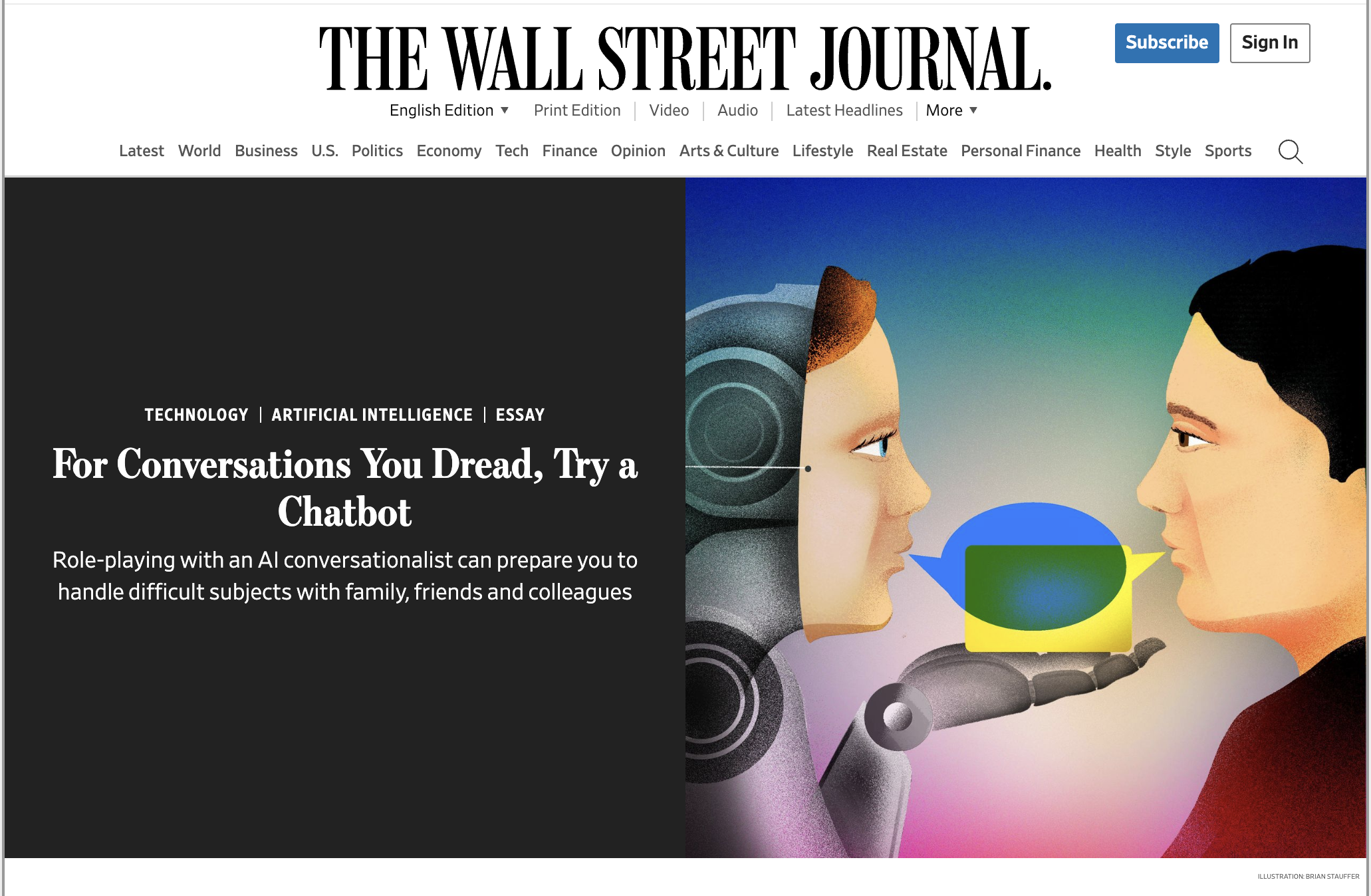Don’t Eliminate Failure
What if eliminating failure also reduces the likelihood of a breakthrough?
A fascinating study led by MIT economist Pierre Azoulay contrasts the innovation outcomes of different funding streams in the scientific life sciences. The paper concludes that the program that “rewards long-term success, encourages intellectual experimentation” (ie encourages risk-taking) “leads to higher levels of breakthrough innovation... Moreover, the magnitude of these effects are quite large.” One read of the data pegs the difference as almost doubling the likelihood of significant citations (increase of 96%!) and another claims the program increases the rate of being awarded a prize six-fold.
What’s the catch? Why wouldn’t everyone want to be in the two-times likely to break-through, six-times likely to be awarded program?
The more breakthrough program also boasts a ~35% higher failure rate.
The policies of the less breakthrough program, “which is characterized by short grant cycles, pre-defined deliverables, and unforgiving renewal policies,” (Azoulay et al) are specifically designed to eliminate failure.
And the thing is, it works! Its grantees do fail less. The trouble is, they also break through less as well. By trying to control the process, and cut their losses, they unwittingly eliminate the very variability that leads to breakthroughs as well.
That’s the great paradox of doing creative work: to get better ideas, you need more ideas. And when you generate more ideas, you necessarily generate worse ones, too. As Frans Johannsen describes in his fantastic book, The Medici Effect, “The best predictor for when scientists produce their best works, their most exceptional contributions, is actually when they produce the most… Incidentally, this was also when they had the greatest chance of writing their worst papers.”
The goal of exploration should not be to eliminate failure, but to increase volume of ideas, and the variability that leads to both success and failure. That’s why a portfolio approach is so important.
Related: To Get To Genius, Embrace Goofy
Related: Create A Portfolio
Related: Have Lots of Ideas
Click here to subscribe to Paint & Pipette, the weekly digest of these daily posts.










Cleverly deploying AI is not merely speeding up innovation—it's unlocking a fundamentally different relationship with the creative process. Here’s how to shift from operation, to orchestration.